I Can’t Get No…
Every once in a while I put on a pair of skin tight leather pants, rip off my shirt, puff up my lips, and strut about frenetically with arms akimbo – somewhat like a chicken – singing Mick and company’s famous line “ I…can’t…get…noo-o… …sa…tis…fac…tion.” (There’s a visual for you!)
Having peeled the leather off and slipped into some much more age-appropriate sweat pants, I’ve stopped strutting and will now explain my lament, which of course has an HIT riff running through it.
I still love my EHR, Bond Clinician. (Since it was acquired-acquired-acquired and then sunsetted, I no longer feel any obligation to call it by anything other than its original, Bond-given name.) Yes, it has features and functionality that are less than optimal, but after looking about with a fair degree of diligence this past year, I still haven’t seen another EHR out there that comes close for overall look, feel, or technical sexiness. But, sadly, my beloved Clinician will grow more and more anachronistic as it stays forever trapped in the annals of HIT throwaways. I need to find my next EHR “Brown Sugar.”
Don’t get me wrong; I have seen some very attractive and some very functional EHRs. The problem for me, though, is mainly two-fold:
1) The good-looking EHRs are rarely evolved enough or complete enough or else they come with a heavy dose of an EHR provided to bolster the practice management/billing tool or else they’re designed to promote some other principal focus (e.g., labs) or;
2) The more highly functional EHRs are almost always just plain butt-ugly (not unlike the aforementioned Mr. Jagger.)
As I’ve stated before, I’ve seen some fantastic parts and pieces that combine both the design elegance and the Apple-esque usability that I seek. Thus, another Mick-generated semi-proverbial lyric applies: “You can’t always get what you want, but…sometimes…you can get what you need.”
The spoiled, angst-filled, teenage brat inside me rebels against this, though. My inner little monster whines, “I’ve seen beauty in EHRs. I was a part of the design team for ‘Notes 2.0’ for Eclipsys’ Peak Practice, nee Bond Clinician, which was headed toward the EHR hall of fame for both its beauty and its tech savvy wizardry. Waaaah. I want a beautiful EHR that’s just as full of gorgeously implemented function as Clinician 2.0 would have been and just as easy to use as my iPad. I want all those great parts and pieces in one fully integrated EHR. Waah, waah!”
I’ve listened to far too many vendor hyperboles to even be swayed anymore by the sales pitches. No, your tools aren’t the end-all, be-all for medical practice record keeping. No, your patient portal isn’t going to drive swarms of new patients to my door. No, your billing and scheduling functions aren’t seamless. No, “functional” is not the same as “good.” No, “usability” isn’t just about “easy click-ability” or voice recognition. No, gathering useful data is not the same as having data gathered usefully.
I again hear Mick sing “…but if you try sometimes…” when a few vendors have asked me to contribute to their product’s development over this past year. Helping create the visually-stunning and truly provider-friendly system that would lead me back to the contentment I now feel with my dear Clinician is intriguing. I mean, I helped Clinician move up the food chain and I’ve learned tons since then. I understand at least a thing or two of what it takes to make digital healthcare click. Plus, I’ve developed a pretty wide-ranging overview of this industry from my little trench (and more than a few connections that could be really handy.) Maybe I can help develop an EHR to provide a similar sense of system satisfaction to that which I now feel with my dear Clinician – and, hopefully, help some fellow providers feel the same as they digitize.
Thus, I’m considering the possibilities, at least with a couple of them. I’m not yet committed because it isn’t just the consulting that’s important to me: the heaviest factor is that I’ll be also using it as my next EHR, using it every day. Being a happy with what I currently have makes the thought of changing a bit tough.
With a rather different position, perspective, and experience base than most docs (who are typically less geekoid, likely to their benefit,) it does make some sense to try to make a difference. “But, I try, and I try, and I try, and I try…,” goes the Mick within my head.
If I do go the consultancy way in some form or another, I’ll try to create a relationship that doesn’t cloud my trench grunt blogger perspective. I absolutely need to get on with getting a new EHR, but I highly value the honor of being able to write “from the trenches” here on HIStalk/HIStalk Practice and want to maintain the uncluttered honesty it allows.
Mr. Jagger has said, “It’s all right letting yourself go, as long as you can get yourself back.” My fear: some consultants never quite seem to make it back.
From the Stoned trenches…
“I’d rather be dead than singing ’Satisfaction’ when I’m 45.” – Mick Jagger

Dr. Gregg Alexander, a grunt in the trenches pediatrician at Madison Pediatrics, is Chief Medical Officer for Health Nuts Media, directs the Pediatric Office of the Future exhibit for the American Academy of Pediatrics, and sits on the board of directors of the Ohio Health Information Partnership (OHIP).

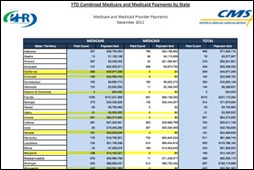

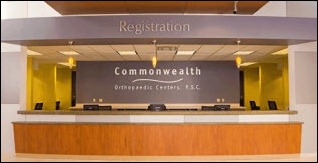


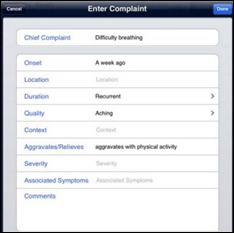


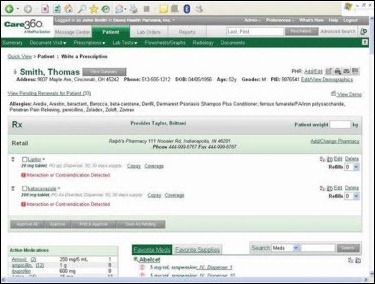


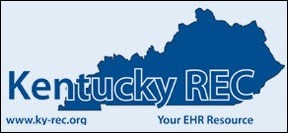

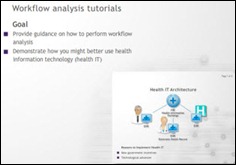
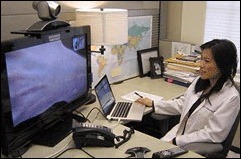




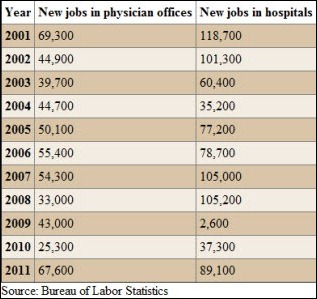


The article about Pediatric Associates in CA has a nugget with a potentially outsized impact: the implication that VFC vaccines…